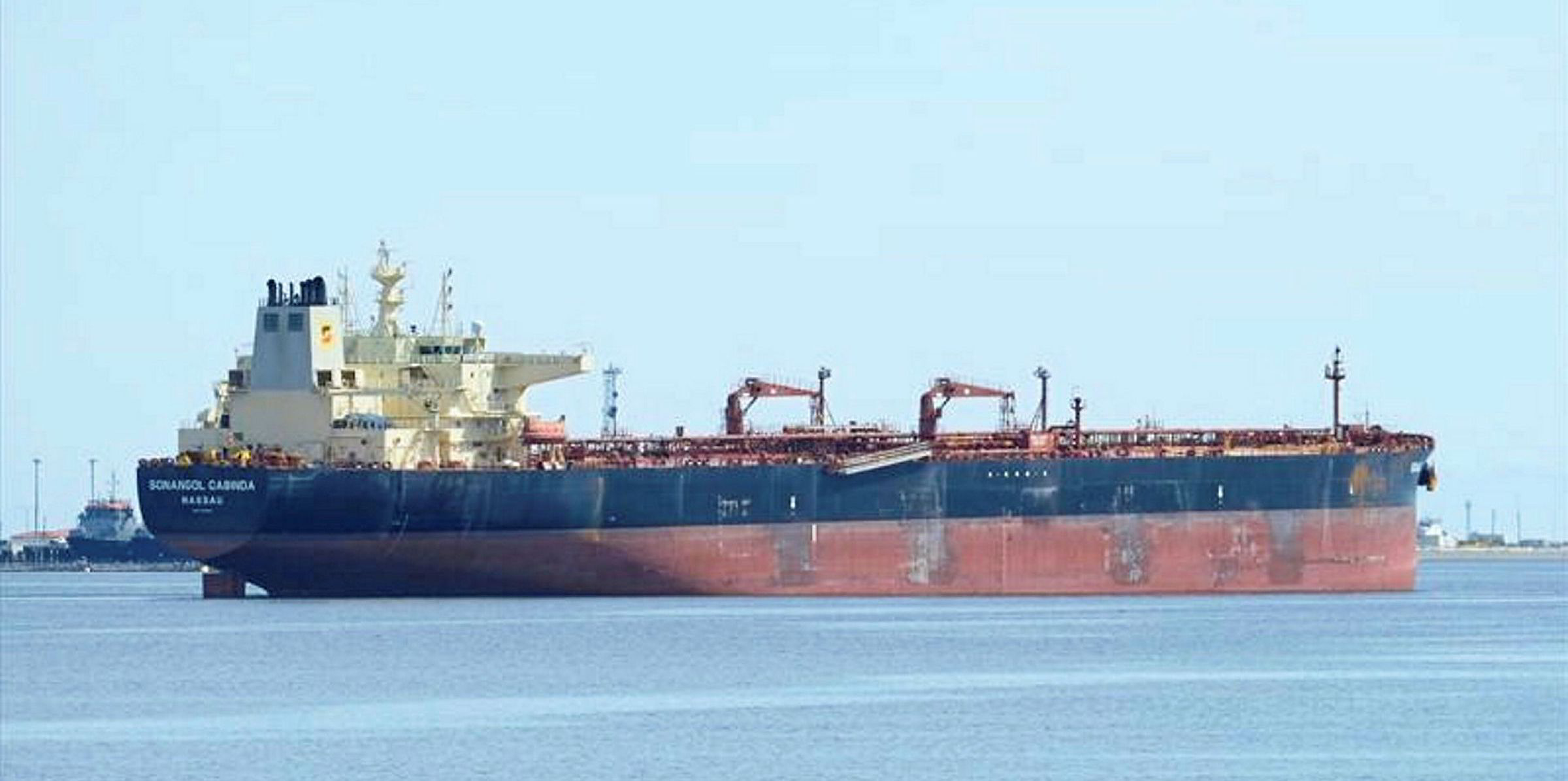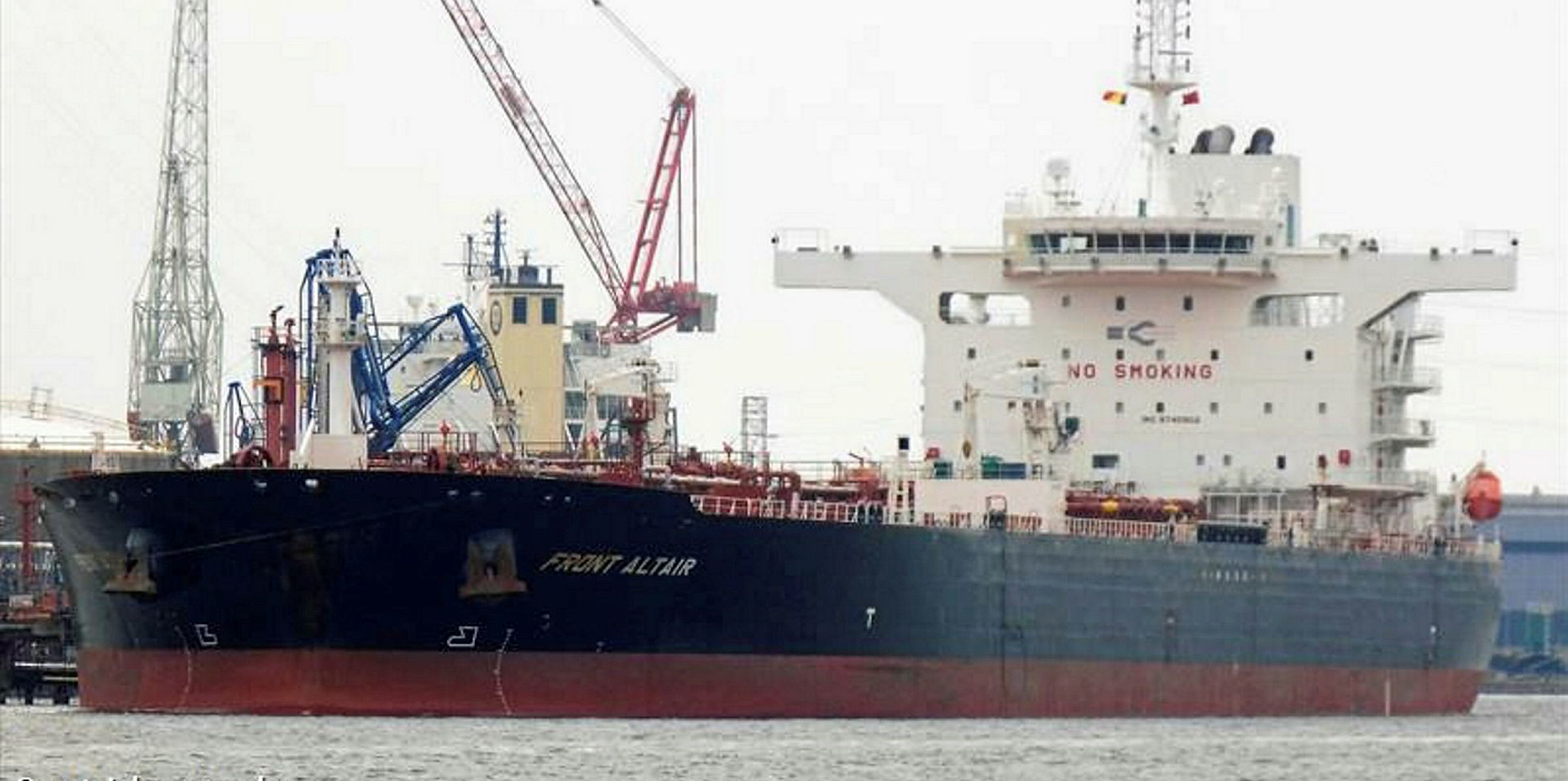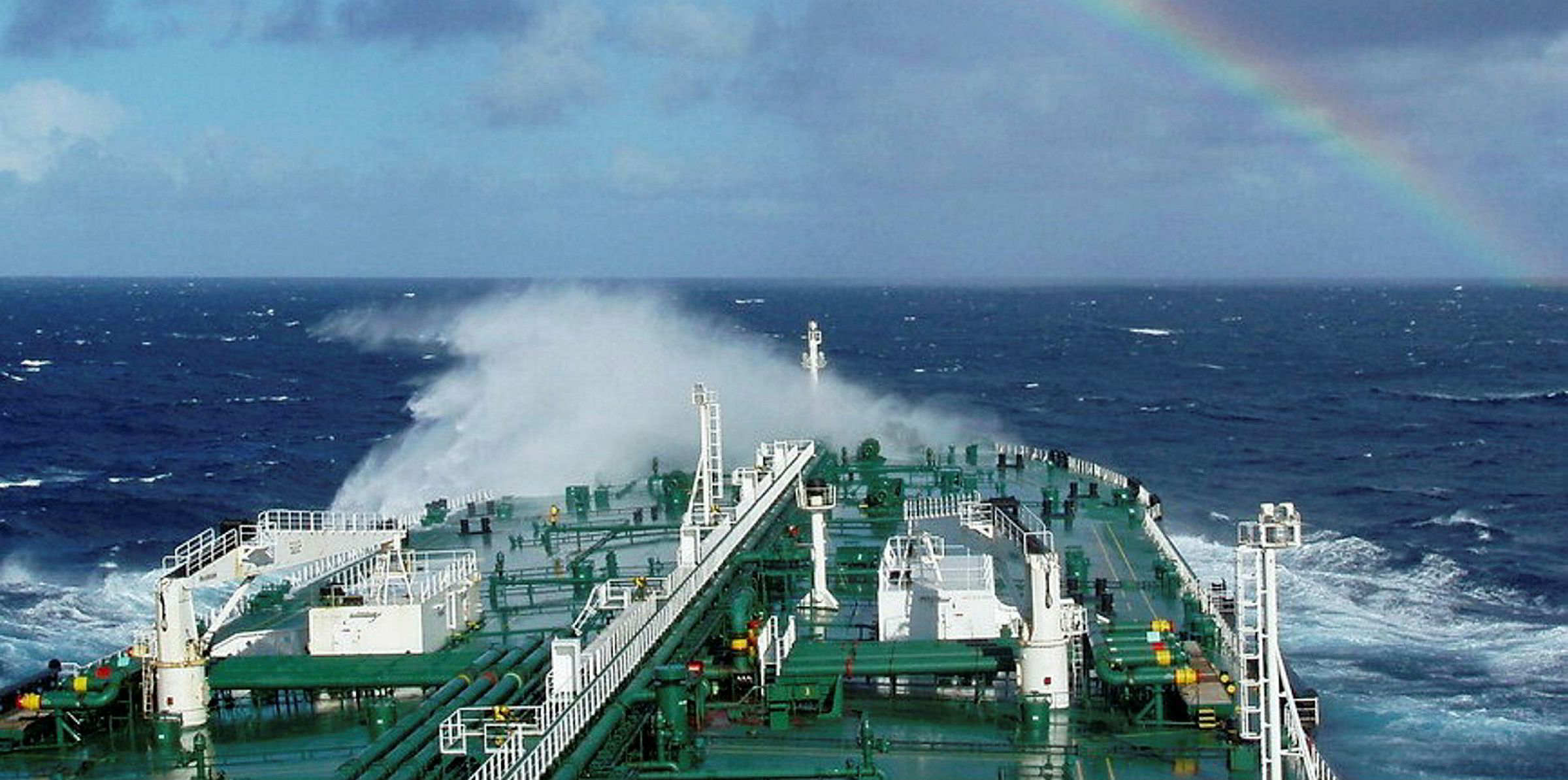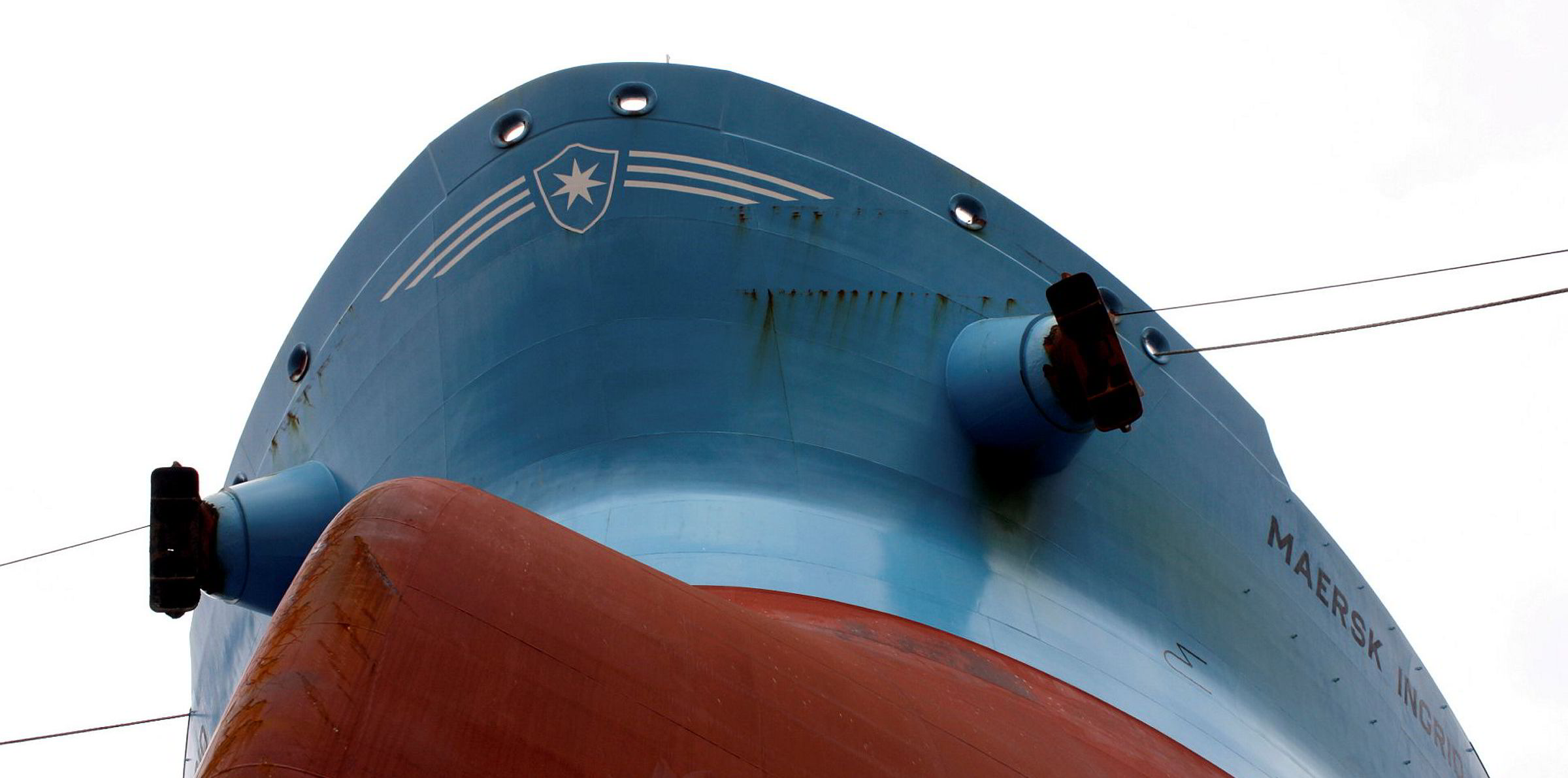Vitol has been the most aggressive period charterer for tankers in the past two weeks by soaking up suezmax tonnage at firm rates, brokers reported.
The time charter market has seen a frenzy of activity since March, with oil firms often busy fixing vessels for floating storage due to insufficient onshore tanks.
The trading house reportedly took the 157,500-dwt Sonangol Cabinda (built 2013), the 158,000-dwt RS Tara (built 2016), the 158,000-dwt Sea Garnet (built 2017), and the 157,100-dwt Pluto Moon (built 2019).
The ships were fixed for six months at $55,000 per day.
TradeWinds has approached Vitol and the ship operators for comment.
Stena Bulk chief executive Erik Hanell, whose company trades the Sonangol Cabinda in the Stena Sonangol Suezmax Pool, declined to comment on the deal but confirmed his company focuses more on time charters nowadays.
“We are now, as many other owners, looking at both time chartering out and spot voyages in a combination to a higher degree than before,” Hanell said.

Most suezmax charters with this period length were fixed between $40,000 and $50,000 per day in early April, although some — such as the 150,000-dwt Nordic Castor (built 2004) and Nordic Pollux (built 2003) — also managed to fetch $55,000 per day.
Vitol has separately extended its charter for the 107,500-dwt Trieste by six to 12 months, but rate information is sketchy.
It also booked the 110,000-dwt LR2 tanker Front Altair (built 2016) for 12 months at $40,000 per day, TradeWinds reported.
Oversupply of oil
With the coronavirus pandemic rampaging through major economies, the International Energy Agency has expected global oil demand in the second quarter to be 23.1m barrels per day (bpd), lower than the same period of 2019.
Even as Opec and Russia have called a truce to an oil price war in efforts to reduce oversupply, industry estimates suggest at least 10m bpd of excess oil between April and June.
This is leading to significant increases in the amounts of crude and petroleum products stored at sea for logistics reasons and contango play, oil and shipping players have said.
“Big trading houses have been most keen to time charter tankers for storage needs,” said a London-based broker. “They mainly look at six to 10-month deals.”
Time charters have generally been attached with storage options since March, allowing charterers to trade ships later when destocking begins.
Other than Vitol, Shell reportedly fixed the 299,300-dwt Wasit (built 2017) for six months at between $85,000 and $86,000 per day.
Clearlake Shipping has taken the 46,000-dwt MR Celsius Rome (built 2009) for a year. The fixture is rumoured to be fixed at $15,500 per day but this cannot be confirmed.
While dozens of tankers have become floating storage facilities, some industry players suggest widening oil contango this week can theoretically incentivise more requirements.
According to Clarksons Research, 91 VLCCs, 33 suezmaxes, 12 aframaxes and 45 product carriers are currently used to store 250m barrels of crude and clean products.
“A lot of charterers have filled their bellies for now — but some have very big bellies,” period specialist brokerage Alibra Shipping said.
Also, shipowners are not in a hurry in fixing time charters, as spot earnings are buoyant across the tanker spectrum.
Rystad Energy pointed out the earlier price war triggered spikes in charter rates, especially for VLCCs. “Using supertankers to float oil offshore might not be a viable option this time,” the consultancy said.








